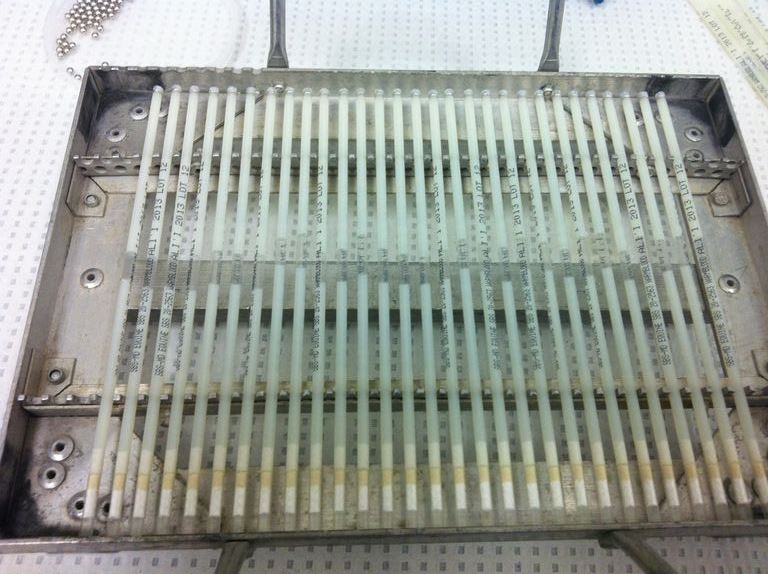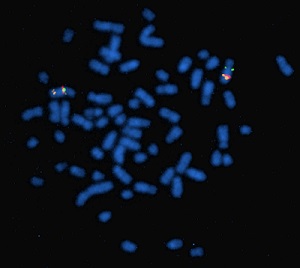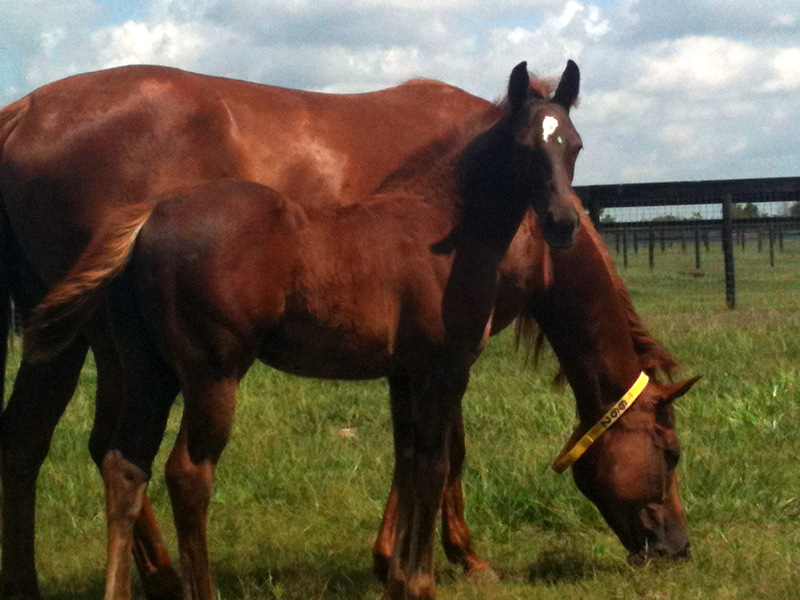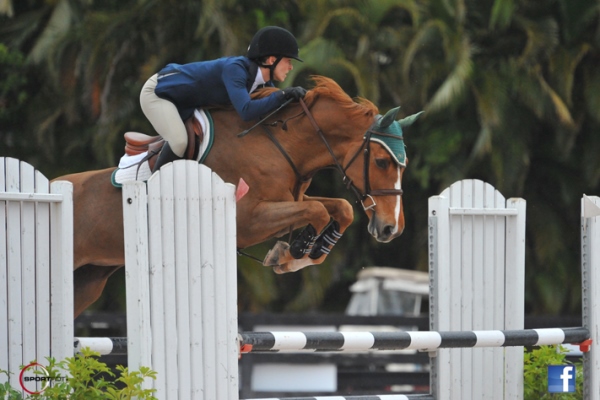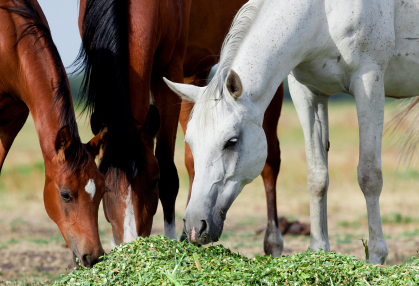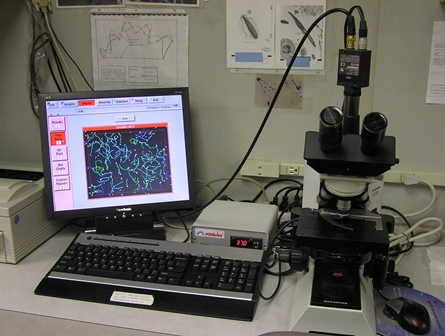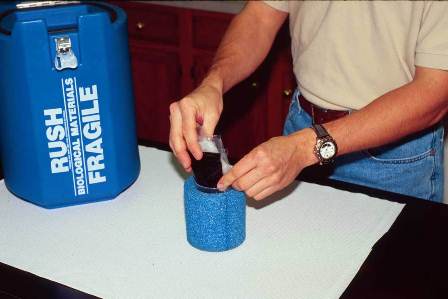
Mares can develop problems during pregnancy or be at high risk of losing the pregnancy for a variety of reasons. These include age (old mares frequently have endometriosis in which the uterus is unable to properly supply the fetus with appropriate blood supply and nutrients), physical conditions (placental and fetal fluid abnormalities; body wall tears; chronic debilitating conditions such as laminitis and Cushing’s disease), and acute disease or injury (placentitis, uterine torsion, surgical colic, colitis, acute laminitis, or fractures). When a mare becomes stressed or debilitated, inflammatory chemicals and prostaglandins increase and induce abnormal uterine contractions and potential pregnancy loss. Reproductive problems that arise during gestation, however, when detected and diagnosed early, can still result in the survival of the mare and usually the foal. The abnormalities most commonly seen during the middle to late stages of pregnancy will be discussed in this article.
